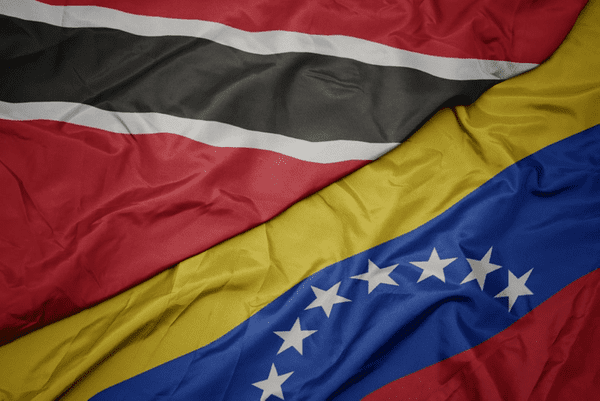Trinidad and Tobago economist Dr. Justin Ram believes Venezuela’s decision to suspend its gas deals with the Caribbean country could turn out to be “a blessing in disguise”.
“There are, in the short term, some concerns,” Dr. Ram said during an interview with CNC3 News on October 28. “But it is time for us to have this wake-up call, and I’m hoping that this could be a blessing in disguise for us to allow us to really systematically diversify and to grow the other sectors of this economy.”
He noted that Trinidad and Tobago’s gas production remains unchanged since no gas has yet been received from Venezuela’s Dragon field. “Our economic future shouldn’t necessarily be tied to cross-border gas,” he said, urging a pivot toward manufacturing, tourism, and cultural industries to achieve “true financial independence”.
Energy Chamber urges gas independence amid Venezuela’s suspension of energy deals | OilNOW
Dr. Ram’s comments followed Venezuelan Vice President Delcy Rodríguez’s announcement that Venezuela will suspend and withdraw from all gas agreements with Trinidad and Tobago, originally signed in 2015 and renewed earlier this year. Rodríguez accused Prime Minister Kamla Persad-Bissessar of aligning with the United States in what she described as “an aggressive campaign against Venezuela”.
Prime Minister Persad-Bissessar responded defiantly, saying Trinidad and Tobago’s progress does not depend on Venezuela. “Our future does not depend on Venezuela and never has,” she told Newsday. “We have our plans and projects to grow our economy both within the energy and non-energy sectors.”
The Dragon gas deal between Trinidad and Tobago and Venezuela had only recently been revived. On April 8, the U.S. government revoked licenses previously granted to Trinidad for the Dragon and Manakin-Cocuina cross-border gas fields. The Dragon license was first approved by the U.S. Treasury’s Office of Foreign Assets Control (OFAC) on October 17, 2023, and set to expire in October 2024, while the Manakin-Cocuina license was issued in December 2023.
After a period of uncertainty, Trinidad’s Attorney General John Jeremie announced on October 9 that a new OFAC license had been obtained to pursue the Dragon project again. The new authorization is structured in three stages, with the first allowing Trinidad and Shell to negotiate with Venezuela’s state oil firm PDVSA through April 2026, but making it mandatory to include U.S. companies in the development.
Despite Dragon gas setback, Trinidad still has other viable gas projects in the pipeline | OilNOW
The Manakin-Cocuina field holds over one trillion cubic feet of proven gas, while Dragon was expected to produce 350 million cubic feet per day. The previous agreement required Venezuela’s state to earn at least 45% of the project’s gross income and to receive royalties, taxes, and a special commission totaling about US$1 million, along with a confidential signing bonus.
Dr. Ram cautioned that the uncertainty surrounding these cross-border projects underscores the need for Trinidad and Tobago to chart a new course. “We’ve focused too much on developing gas resources without putting the necessary effort and time into developing the other sectors of this economy,” he said.
He added that diversification could shield the country from geopolitical shocks. “Now is the time to take the opportunity to develop true financial independence for Trinidad and Tobago,” he said. “Let’s look at these other sectors that can grow the economy and provide our people with real jobs.”



